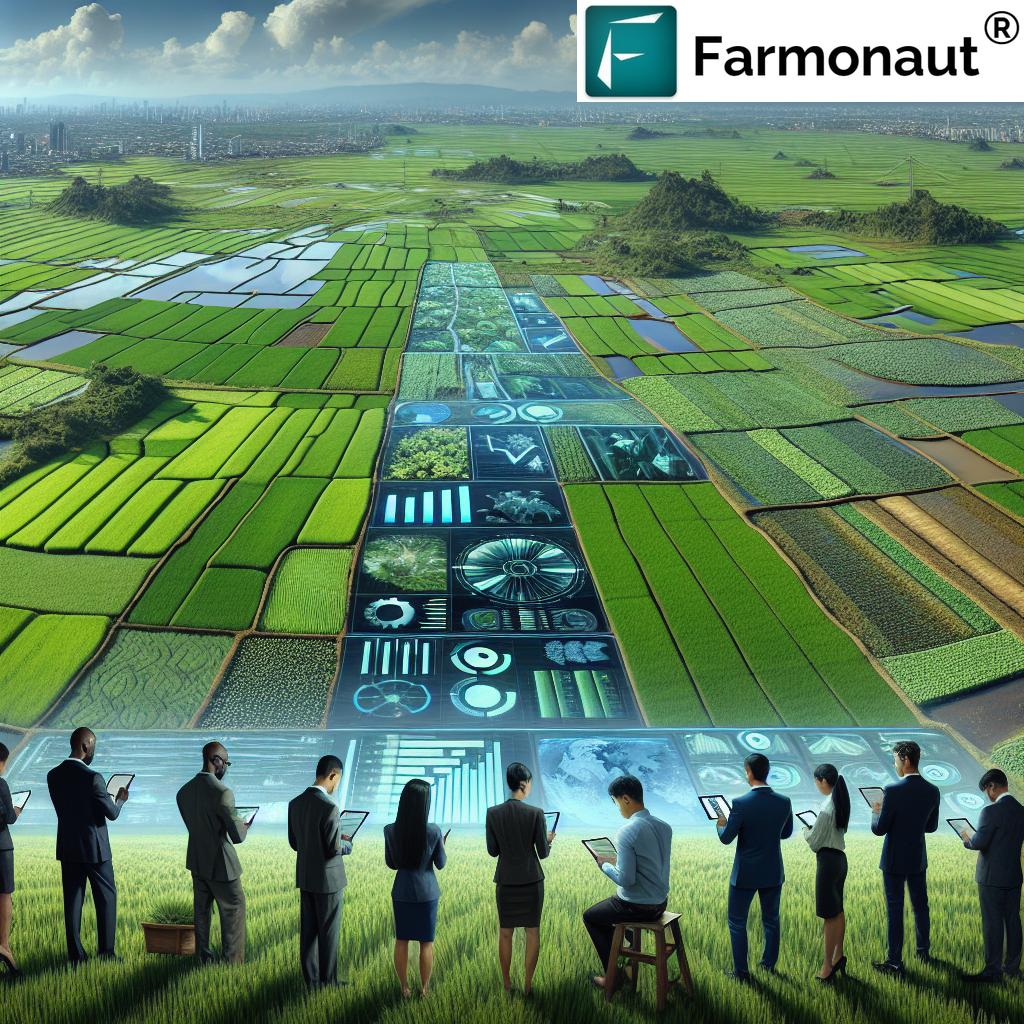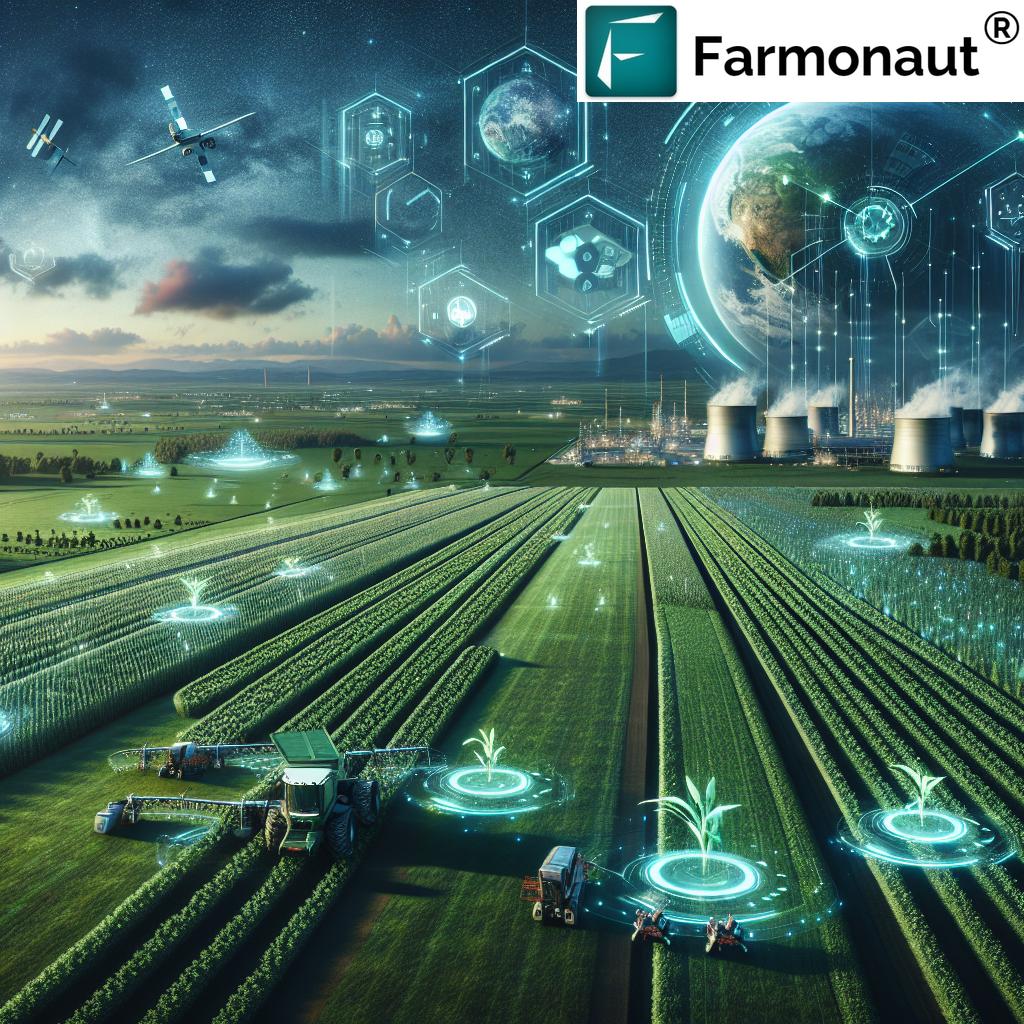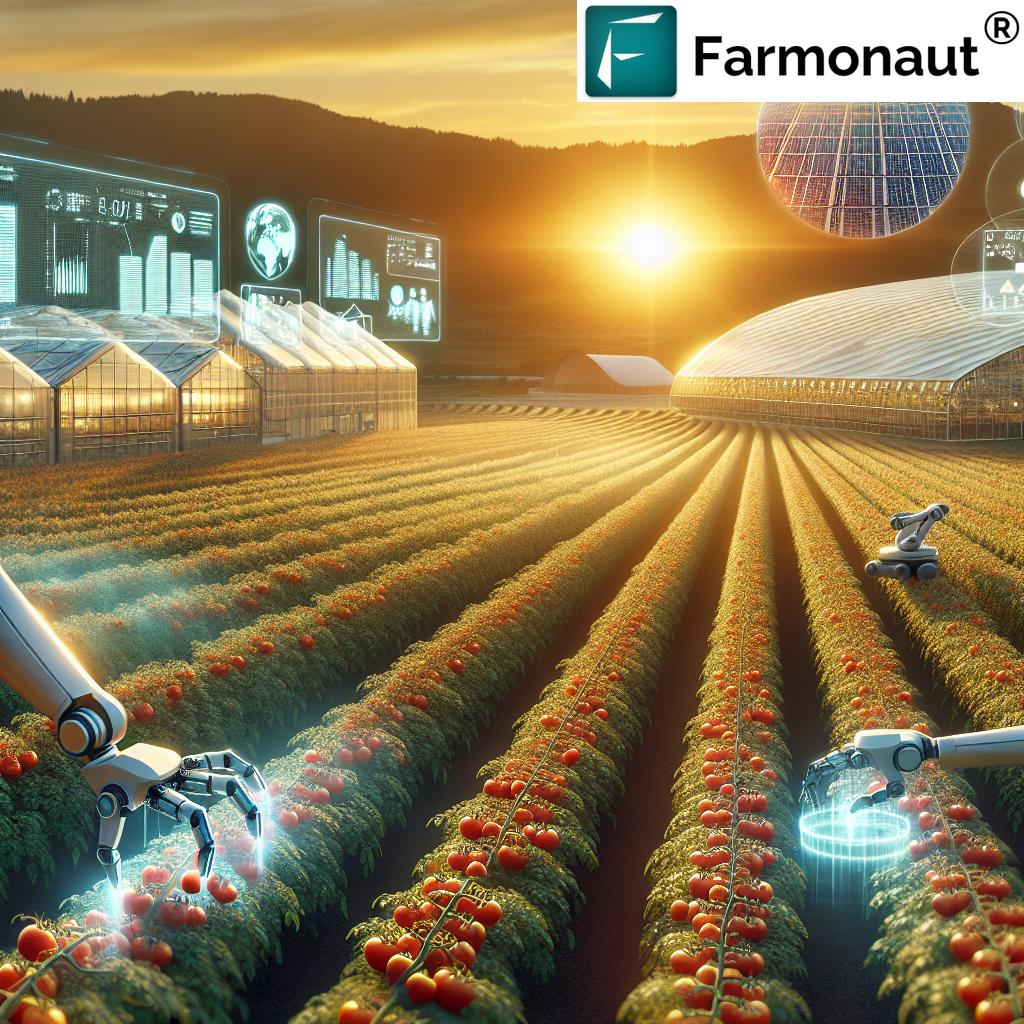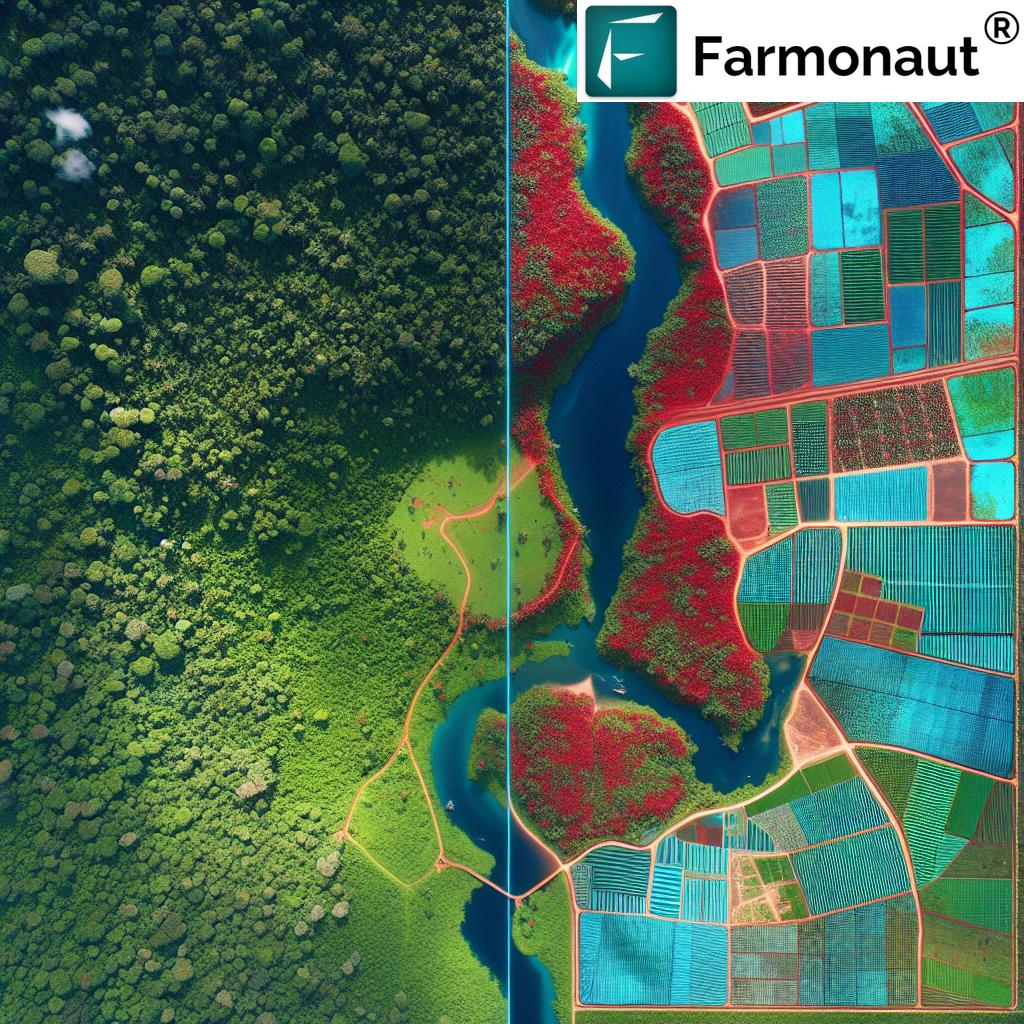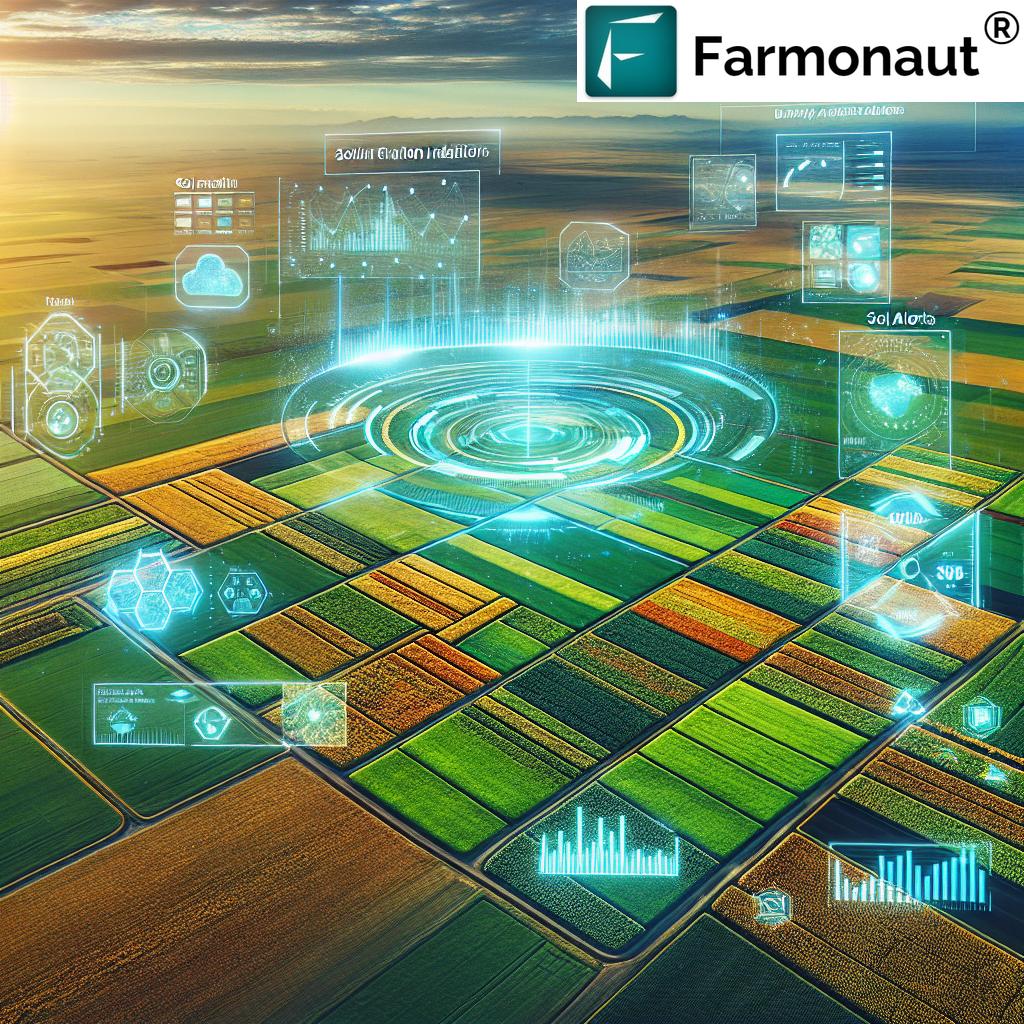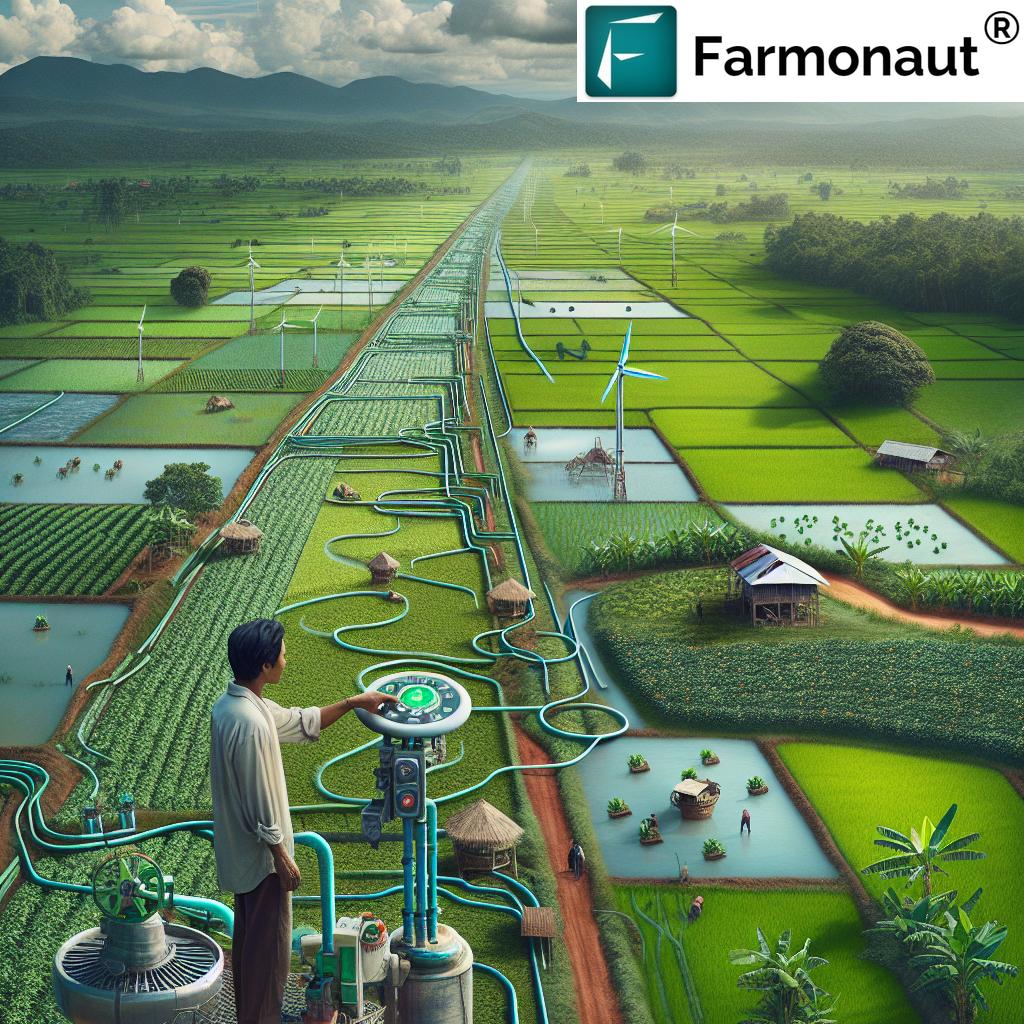Malaysia’s Green Energy Revolution: ASEAN’s Economic Powerhouse Embraces Sustainable Development at World Economic Forum 2025
“Malaysia, as ASEAN chair, represents a market of nearly 700 million people, showcasing the region’s economic strength.”
As we reflect on the recent World Economic Forum Annual Summit 2025, we can’t help but feel a sense of pride and excitement for Malaysia’s pivotal role in shaping ASEAN’s economic future. The summit, held in Davos, Switzerland, highlighted our nation’s commitment to sustainable development and its position as a key player in the global economy.
In this comprehensive blog post, we’ll delve into the significant announcements, partnerships, and initiatives that emerged from the summit, focusing on Malaysia’s green energy revolution and its impact on ASEAN’s economic landscape.
Malaysia’s Green Hydrogen Energy Investment: A Game-Changer for Bintulu
One of the most exciting developments to come out of the WEF 2025 was the announcement of a major green hydrogen energy investment in Malaysia. Australian metal mining company Fortescue revealed its plans to invest in a green hydrogen energy project in Bintulu, Sarawak.
Our Prime Minister, Datuk Seri Anwar Ibrahim, shared this groundbreaking news after a productive meeting with Fortescue’s leadership, led by executive chairman Andrew Forrest. This collaboration marks a significant step towards Malaysia’s goal of becoming a green energy hub in the region.
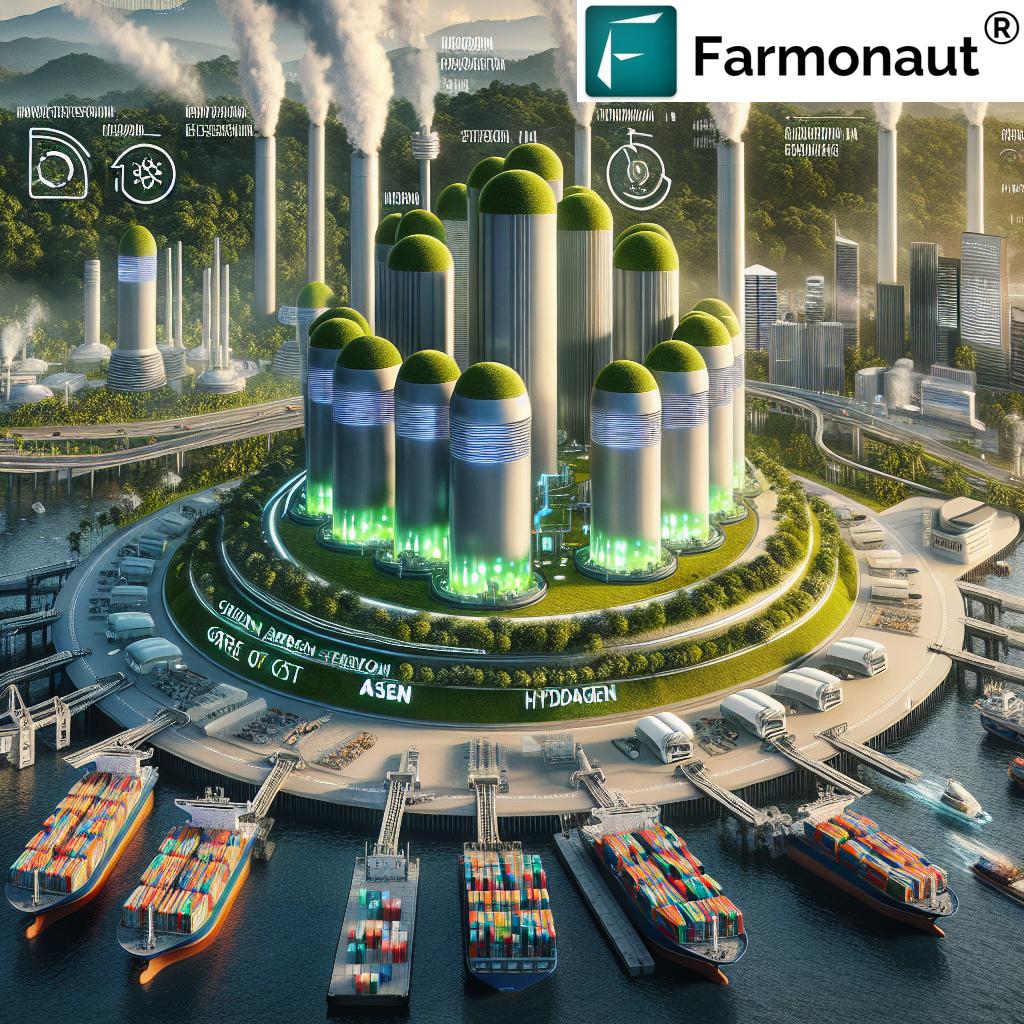
The Sarawak government has expressed strong support for this initiative, recognizing its potential to transform Bintulu into a thriving center for green energy production. To facilitate this transformation, various incentives and support measures will be provided, underlining our commitment to fostering sustainable development and innovation in the energy sector.
ASEAN’s Economic Potential: Malaysia Takes the Lead
As the current chair of ASEAN, Malaysia took center stage at the World Economic Forum, showcasing the region’s immense economic potential and attractiveness to global investors. Prime Minister Anwar Ibrahim emphasized the unique attributes of ASEAN in trade and economics, highlighting its:
- Intra-regional trade dynamics
- Significance as a trading partner for global powers (US, China, Europe, and BRICS nations)
- Rapid economic growth and stability
- Large consumer base of nearly 700 million people
These factors combine to make ASEAN an incredibly attractive platform for investors and businesses looking to expand their presence in Southeast Asia.
Artificial Intelligence in Medicine and Education: Malaysia’s Tech-Driven Future
Another key focus area discussed at the WEF 2025 was the integration of artificial intelligence in medicine and education. Malaysia recognizes the transformative potential of AI in these crucial sectors and is committed to leveraging cutting-edge technology to improve healthcare outcomes and enhance educational experiences.
Some potential applications of AI in these fields include:
- Personalized medicine and treatment plans
- Early disease detection and diagnosis
- Adaptive learning platforms for students
- Intelligent tutoring systems
- Administrative process automation in healthcare and education institutions
By embracing AI, Malaysia aims to position itself at the forefront of technological innovation in Southeast Asia, driving progress and improving the quality of life for its citizens.
Data Centers in Peninsular Malaysia: Boosting Digital Infrastructure
In a significant move to enhance Malaysia’s digital infrastructure, Prime Minister Anwar Ibrahim confirmed an agreement with Google to implement major initiatives, including the establishment of data centers in Peninsular Malaysia. This project will focus on key areas such as:
- Johor
- Penang
- Perak
The development of these data centers will not only boost Malaysia’s digital capabilities but also create new job opportunities and attract further investment in the tech sector. This initiative aligns perfectly with our nation’s goal of becoming a leading digital economy in the region.
“The World Economic Forum 2025 highlighted Malaysia’s plans for green hydrogen energy investments, positioning it as a regional hub.”
Port Development in Sabah: Enhancing Regional Connectivity
Another exciting development announced at the WEF 2025 was the partnership with DP World, a Dubai-based port company, to establish a significant port in Sepanggar, Sabah. This project, which has gained support from the Federal Government, promises to enhance regional connectivity and boost economic growth in East Malaysia.
Prime Minister Anwar Ibrahim assured that the Chief Minister of Sabah, Datuk Seri Hajiji Noor, and the state government would offer their full cooperation for this ambitious project. The development of this port will:
- Improve logistics and trade efficiency
- Create new job opportunities for locals
- Attract foreign direct investment to Sabah
- Strengthen Malaysia’s position as a key player in regional maritime trade
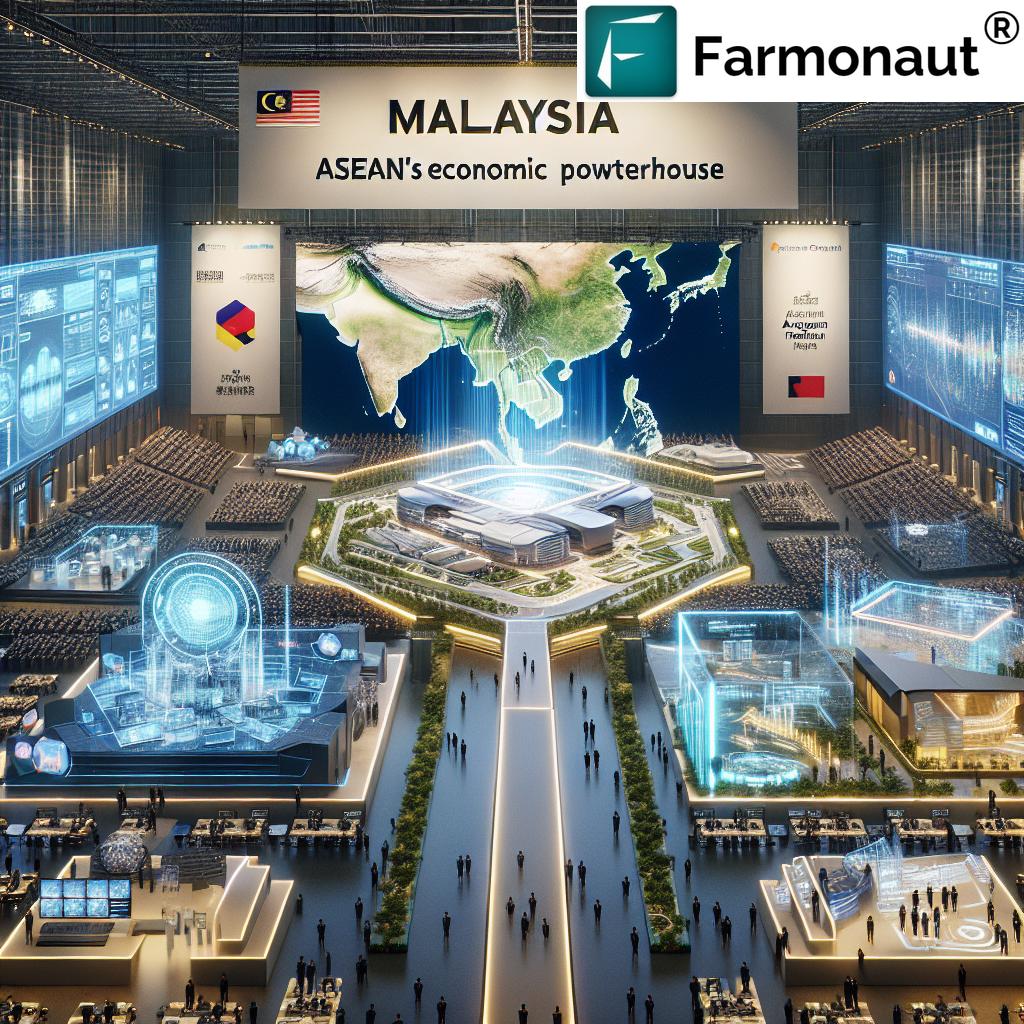
Malaysia’s Sustainable Development Initiatives: A Holistic Approach
Throughout the World Economic Forum, Malaysia showcased its commitment to sustainable development through various initiatives and discussions. Some key areas of focus include:
- Energy transition towards renewable sources
- Education reform to prepare the workforce for the future
- Food technology and agricultural innovation
- Digital transformation across industries
- Enhancing regional connectivity
These initiatives demonstrate Malaysia’s holistic approach to development, balancing economic growth with environmental sustainability and social progress.
ASEAN Trade and Economic Growth: A Regional Powerhouse
As the chair of ASEAN, Malaysia took the opportunity at WEF 2025 to highlight the region’s impressive trade and economic growth. Some key points emphasized include:
- ASEAN’s strong intra-regional trade dynamics
- The region’s attractiveness as a trading partner for global powers
- Rapid economic growth and stability across member states
- A combined market of nearly 700 million consumers
These factors position ASEAN as a formidable economic bloc, offering immense opportunities for investors and businesses looking to tap into one of the world’s most dynamic regions.
Energy Transition in Southeast Asia: Malaysia Leading the Charge
The energy transition in Southeast Asia was a hot topic at the World Economic Forum, with Malaysia positioning itself as a leader in this crucial shift towards sustainable energy sources. Some key aspects of this transition include:
- Investments in green hydrogen energy production
- Expansion of solar and wind power capacity
- Development of energy storage solutions
- Promotion of energy efficiency measures
- Collaboration with international partners on clean energy projects
By spearheading these initiatives, Malaysia aims to not only reduce its carbon footprint but also create new economic opportunities in the growing renewable energy sector.
Malaysia’s Role in Global Partnerships: Strengthening International Ties
Throughout the summit, Prime Minister Anwar Ibrahim engaged with various heads of state and global leaders, reinforcing Malaysia’s role in global partnerships. Notable meetings included discussions with:
- Dutch Prime Minister Dick Schoof
- Somali President Hassan Sheikh Mohamud
- Representatives from major corporations such as AstraZeneca, DP World, Medtronics, Nestle, and Google
These engagements reflect Malaysia’s commitment to strengthening international ties while focusing on domestic initiatives that align with sustainable development and innovation in the economy.
The Future of Agriculture: Embracing Technology for Sustainable Farming
As we discuss Malaysia’s sustainable development initiatives, it’s crucial to highlight the role of technology in revolutionizing agriculture. Companies like Farmonaut are at the forefront of this transformation, offering innovative solutions that combine satellite technology, artificial intelligence, and blockchain to address various agricultural challenges.
Farmonaut’s platform provides valuable services such as:
- Real-time crop health monitoring
- AI-based advisory systems
- Blockchain-based traceability
- Resource management tools
These technologies help farmers make informed decisions, optimize resource usage, and improve crop yields, ultimately contributing to more sustainable and efficient agricultural practices.
To learn more about how Farmonaut is revolutionizing agriculture, visit their web app or check out their mobile apps:
For developers interested in integrating Farmonaut’s technology into their own systems, check out their API and API Developer Docs.
Malaysia’s Green Energy Initiatives at WEF 2025
| Initiative | Sector | Estimated Investment (USD) | Potential Impact |
|---|---|---|---|
| Green Hydrogen Energy Hub | Energy | 5 billion | Position Malaysia as ASEAN’s green energy leader |
| AI in Healthcare | Technology/Healthcare | 500 million | Improve healthcare outcomes and efficiency |
| Data Centers in Peninsular Malaysia | Technology | 1 billion | Boost digital infrastructure and attract tech investment |
| Sabah Port Development | Infrastructure | 2 billion | Enhance regional connectivity and boost trade |
The Road Ahead: Malaysia’s Vision for a Sustainable Future
As we conclude our overview of Malaysia’s participation in the World Economic Forum Annual Summit 2025, it’s clear that our nation is poised for remarkable growth and transformation. By embracing sustainable development, fostering innovation, and strengthening regional and global partnerships, Malaysia is setting the stage for a prosperous and environmentally conscious future.
Key takeaways from the summit include:
- Malaysia’s commitment to becoming a green energy hub
- The importance of ASEAN’s economic potential on the global stage
- Investments in cutting-edge technologies like AI and data centers
- Focus on infrastructure development to enhance connectivity
- Emphasis on sustainable practices across various sectors
As we move forward, it’s crucial for businesses, policymakers, and citizens alike to work together in realizing these ambitious goals. By doing so, we can ensure that Malaysia continues to thrive as an economic powerhouse while setting an example for sustainable development in the region and beyond.
FAQ: Malaysia’s Green Energy Revolution and ASEAN’s Economic Potential
Q1: What is the significance of the green hydrogen energy investment in Bintulu, Sarawak?
A1: The investment by Fortescue in green hydrogen energy in Bintulu is a game-changer for Malaysia. It positions the country as a potential leader in sustainable energy production within ASEAN and contributes to global efforts in combating climate change.
Q2: How does Malaysia’s role as ASEAN chair impact its economic strategies?
A2: As ASEAN chair, Malaysia has the opportunity to shape regional economic policies, promote intra-ASEAN trade, and represent the bloc’s interests on the global stage. This position allows Malaysia to highlight ASEAN’s economic potential and attract international investments.
Q3: What are the potential benefits of the data centers planned for Peninsular Malaysia?
A3: The data centers will enhance Malaysia’s digital infrastructure, attract tech companies, create job opportunities, and position the country as a hub for digital services in Southeast Asia. This investment can lead to increased economic growth and technological advancements.
Q4: How will the port development in Sabah impact the region?
A4: The new port in Sepanggar, Sabah, will improve regional connectivity, boost trade efficiency, create jobs, and attract foreign investments. It will play a crucial role in enhancing Malaysia’s position in maritime trade and supporting economic growth in East Malaysia.
Q5: What role does artificial intelligence play in Malaysia’s development plans?
A5: Malaysia is focusing on integrating AI into various sectors, particularly medicine and education. This initiative aims to improve healthcare outcomes, enhance educational experiences, and position Malaysia as a leader in technological innovation within Southeast Asia.
Earn With Farmonaut: Join Our Affiliate Program
Earn 20% recurring commission with Farmonaut’s affiliate program by sharing your promo code and helping farmers save 10%. Onboard 10 Elite farmers monthly to earn a minimum of $148,000 annually—start now and grow your income!
Farmonaut Subscriptions
In conclusion, Malaysia’s participation in the World Economic Forum Annual Summit 2025 has set the stage for a green energy revolution and reinforced ASEAN’s position as an economic powerhouse. By embracing sustainable development, fostering innovation, and strengthening global partnerships, Malaysia is paving the way for a prosperous and environmentally conscious future. As we move forward, it’s crucial for all stakeholders to work together in realizing these ambitious goals, ensuring that Malaysia continues to thrive while setting an example for sustainable growth in the region and beyond.








